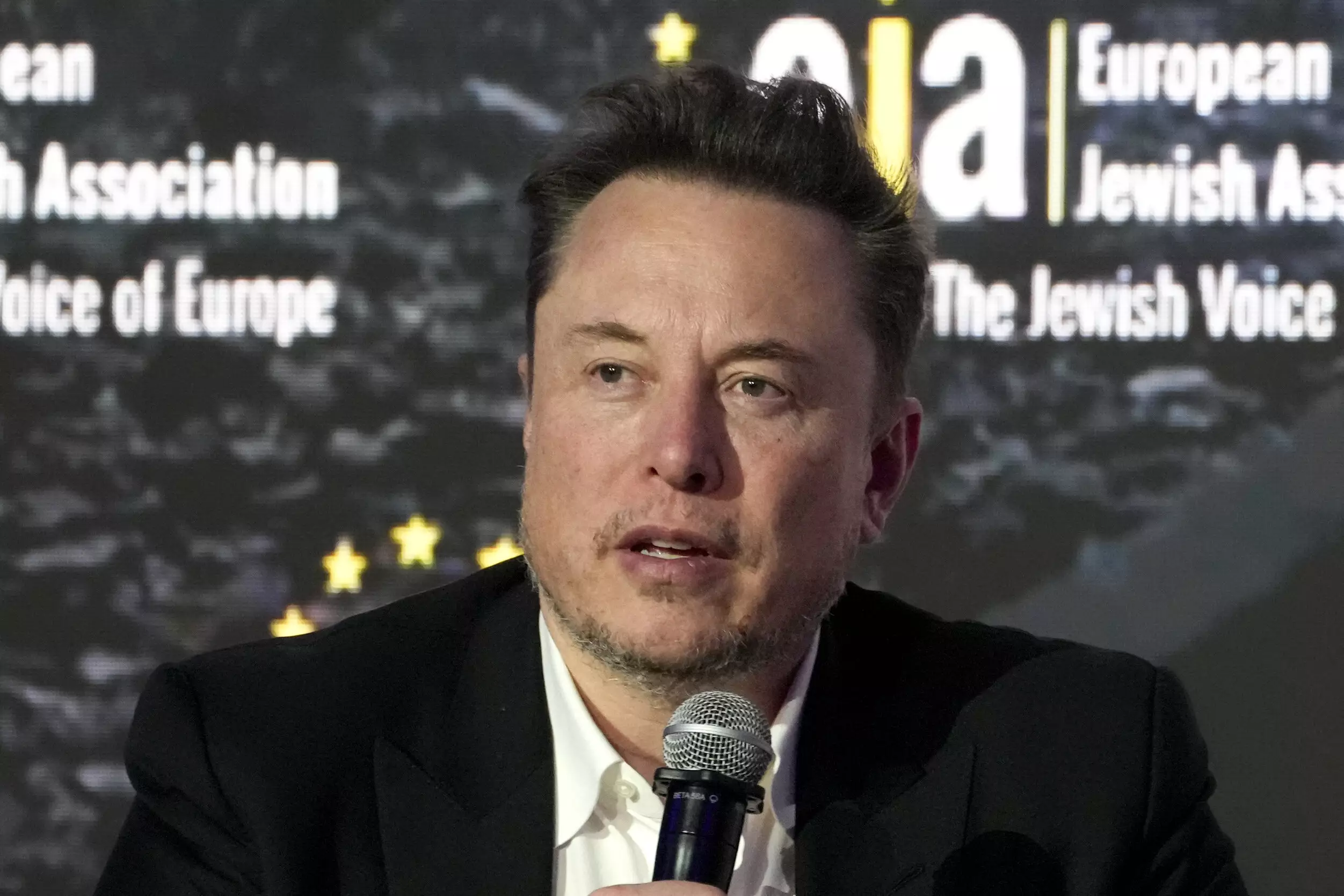Elon Musk, the renowned entrepreneur behind companies like Tesla and SpaceX, has been facing legal challenges regarding his $55.8 billion pay package as CEO of Tesla. Following a recent ruling in a Delaware court that struck down the package, Musk’s brain implant company, Neuralink, has decided to move its legal corporate home from Delaware to Nevada. According to state records, Neuralink officially became a Nevada company on Thursday. This move comes in the wake of Musk’s suggestion to Tesla shareholders to consider moving the company’s corporate registration to Texas. Musk has publicly expressed his dissatisfaction with incorporating in Delaware, citing its corporate laws that favor company management over shareholders.
Delaware has long been the favored state of incorporation for most corporations due to its business-friendly laws. However, legal experts argue that these laws primarily benefit company management rather than shareholders. Erik Gordon, a business and law professor at the University of Michigan, explains that Delaware built its reputation as a preferred state of incorporation by being friendly to company management. This means that the interests of shareholders may not always be prioritized in the decision-making process.
On January 30, Delaware Chancellor Kathaleen St. Jude McCormick invalidated the pay package established for Musk by Tesla in 2018. Her ruling stated that the process behind the package was “flawed” and the price was “unfair.” In fact, McCormick referred to the package as “the largest potential compensation opportunity ever observed in public markets by multiple orders of magnitude.” This ruling had significant consequences for Musk, as it led to him losing his top spot on the Forbes list of wealthiest people.
Chancellor McCormick’s ruling was based on her determination that Tesla’s board lacked independence from Musk. Musk’s lawyers argued that the hefty pay package was necessary to incentivize his continued commitment to the company. However, McCormick rejected this line of reasoning, stating that the board should have questioned whether such a plan was truly necessary for Tesla’s goals. She criticized the lack of critical assessment and argued that the board had been swayed by the allure of Musk’s star power.
Supporters of Musk argue that he shouldn’t be compensated in the same manner as other CEOs due to his exceptional contributions. Musk’s leadership and vision have been instrumental in transforming Tesla from a mere idea to the most valuable automaker in the world. Additionally, under his guidance, Tesla has outsold all other companies in the electric vehicle market. Musk’s star power has also provided free publicity for the company, resulting in minimal advertising expenses. Furthermore, his success has compelled the rest of the auto industry to accelerate their plans for electric vehicles.
The recent ruling by Chancellor McCormick came after shareholders filed a lawsuit against Musk and Tesla directors, accusing them of breaching their duties. Shareholders argued that the pay package was the result of sham negotiations with directors who lacked independence from Musk. In response, the defense argued that the compensation committee responsible for negotiating the package was independent and that performance milestones were set to ensure the fairness of the plan.
As Neuralink moves its legal corporate home from Delaware to Nevada, it raises questions about the future of Musk’s brain implant company. While Musk has been tight-lipped about the specifics, he recently announced on X, formerly known as Twitter, that the first human has received an implant from Neuralink. This development highlights the potential impact of Neuralink’s pioneering work in merging technology with the human brain. However, the relocation of its legal home suggests that Neuralink may face additional challenges in navigating the legal landscape.
Elon Musk’s pay package ruling has not only affected Tesla but has also prompted Neuralink to shift its legal corporate home. This decision reflects Musk’s dissatisfaction with the corporate laws in Delaware and his desire for greater flexibility and shareholder involvement in decision-making processes. As Musk continues to push boundaries in various industries, it remains to be seen how these legal battles will shape the future of his companies and his overall impact on technology and society.


Leave a Reply